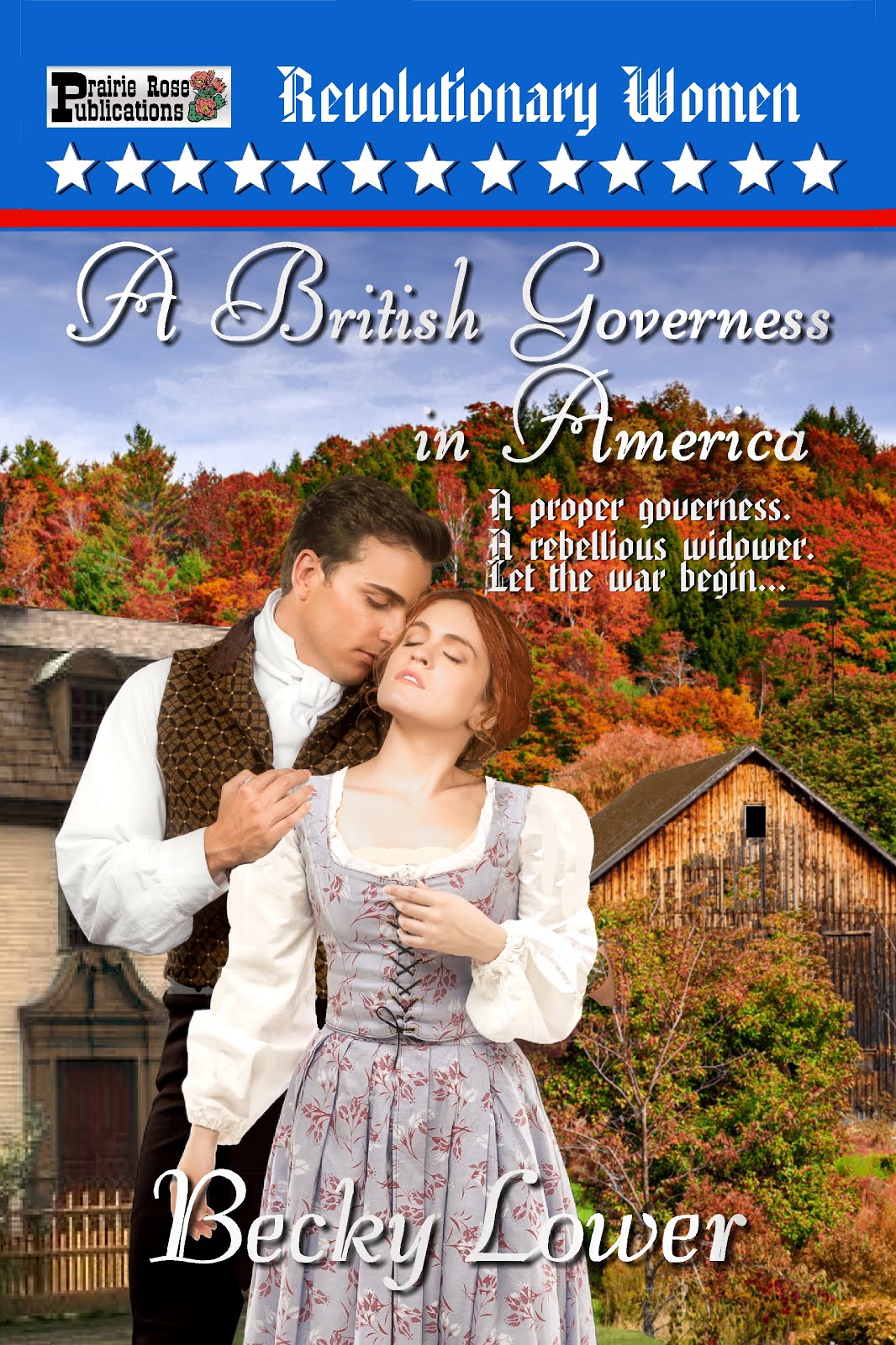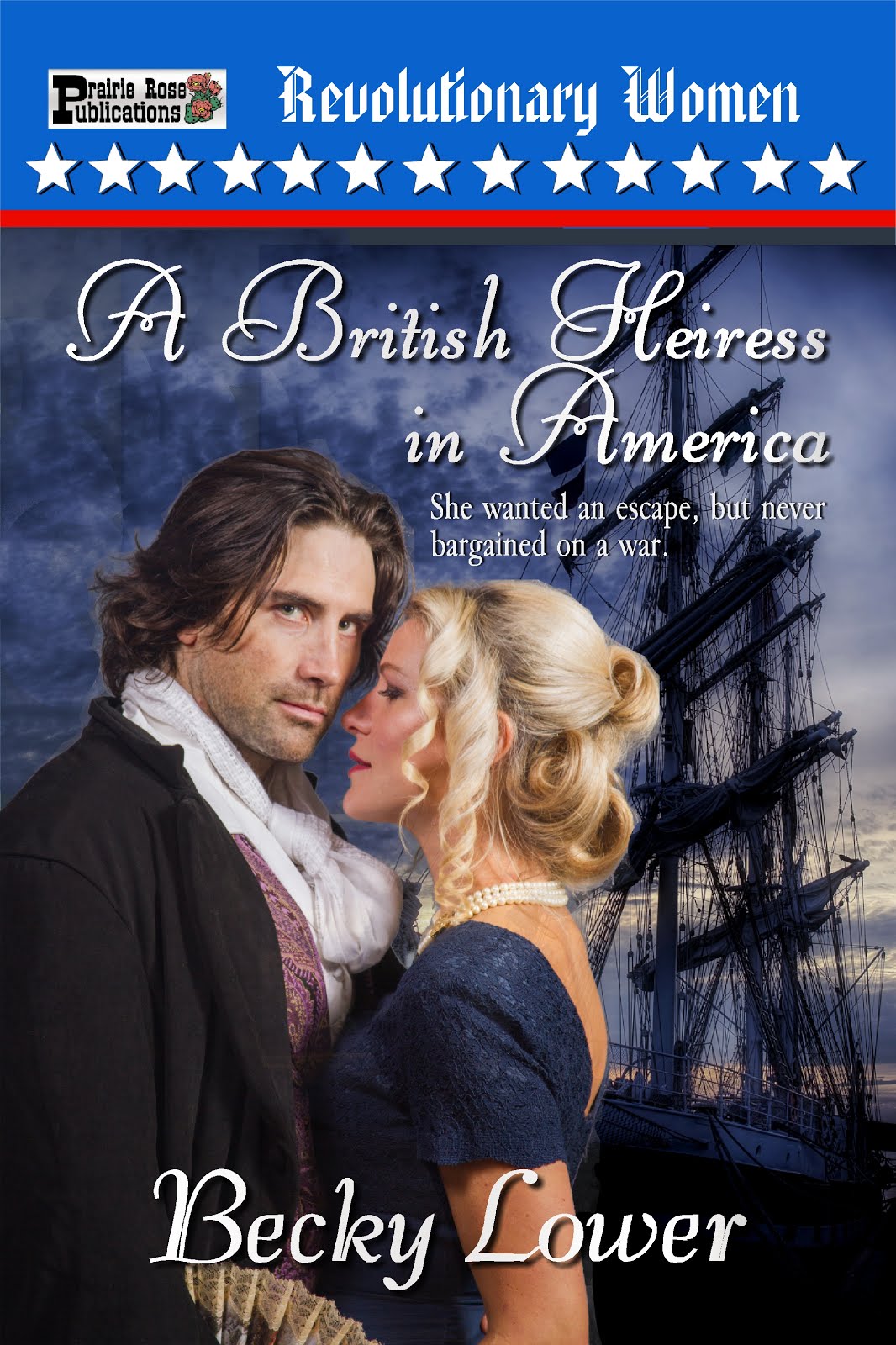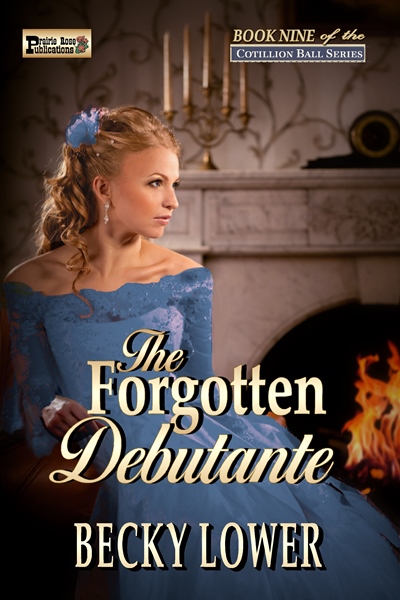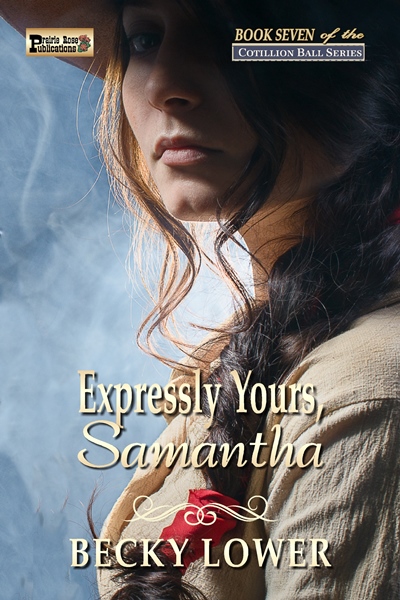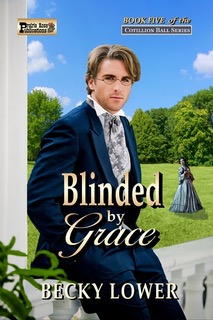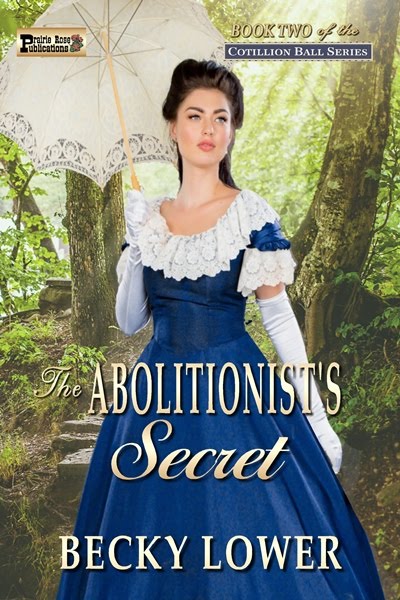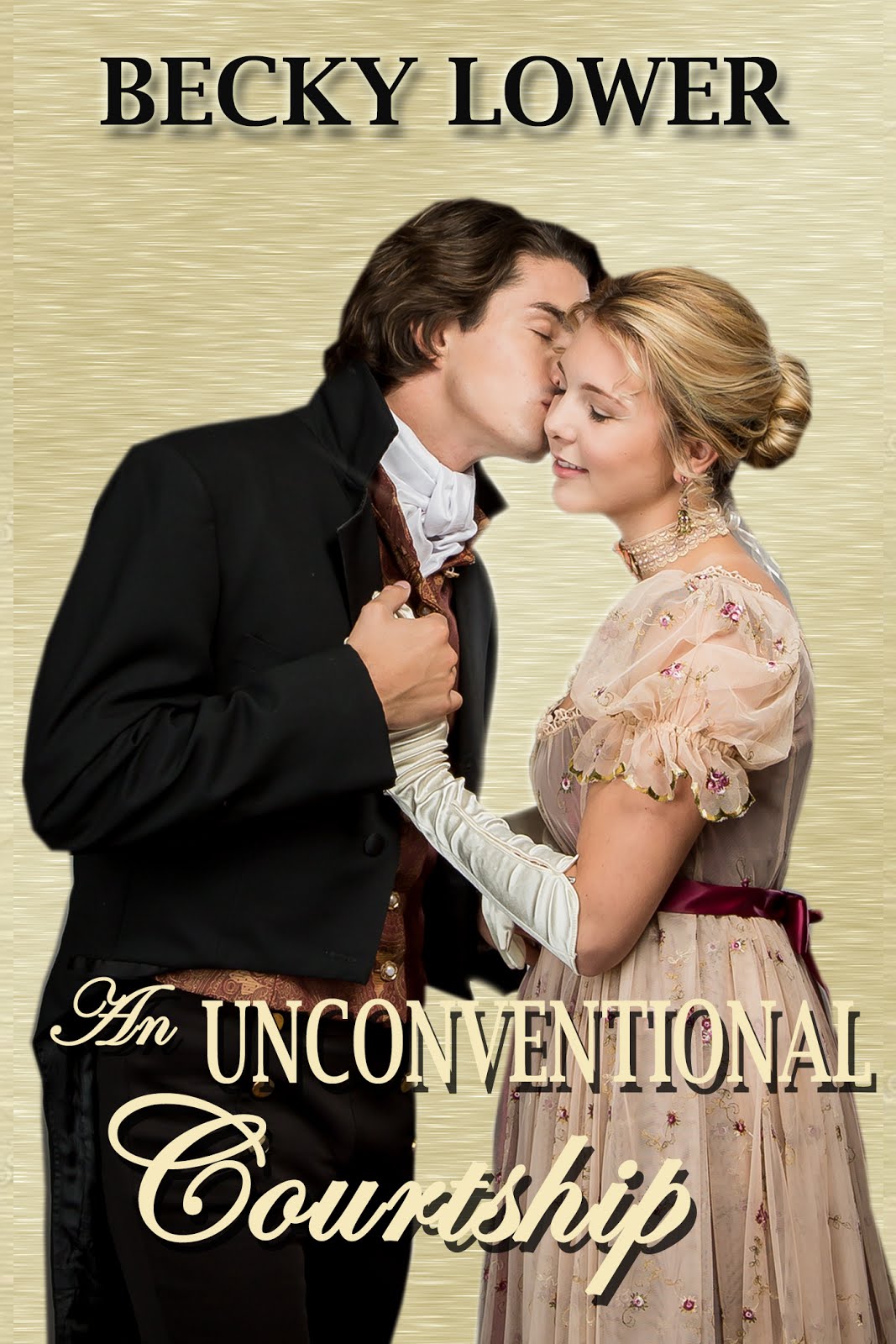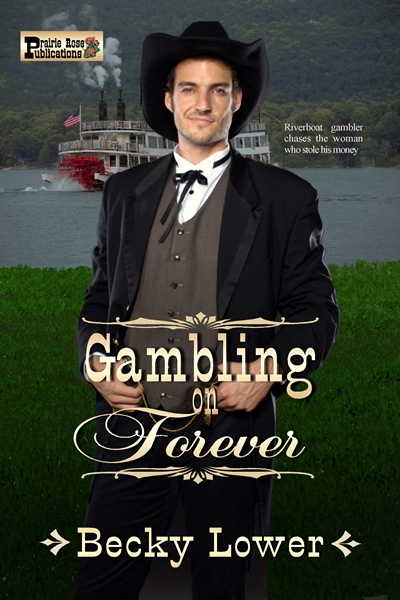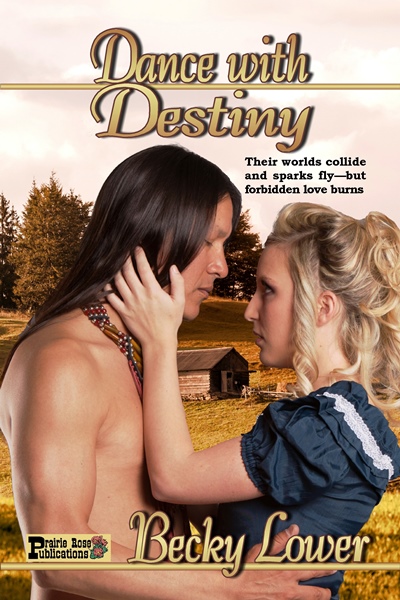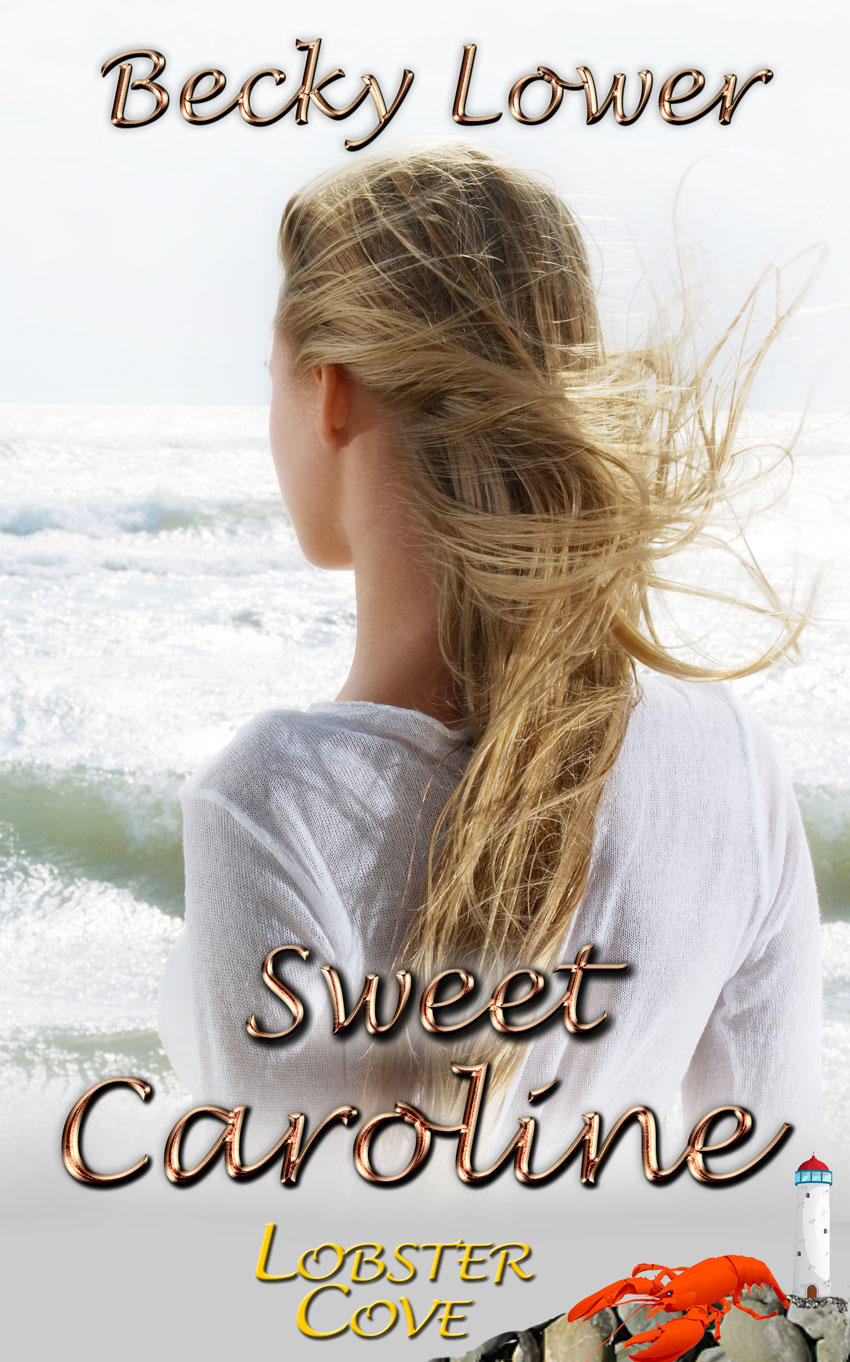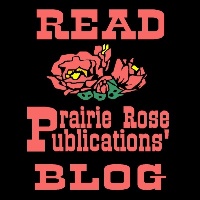The workshop was on plotting, and presented by Mary Ellis. https://www.amazon.com/s/ref=nb_sb_noss_2?url=search-alias%3Daps&field-keywords=mary+ellis&rh=i%3Aaps%2Ck%3Amary+ellis
Mary's a local talent, but she writes Amish books and mystery books, neither of which are my chosen genre. She also writes romances, but they're inspirational and don't contain any sex scenes or vulgar language. Also not my type of writing. Over the years I've tried various types of plotting software and have kind of developed my own method, but my first drafts are always short on word count. I can usually rectify this by the second or third draft, but I'll never be a JK Rowling type of writer.
So here I was, warm body in a chair in the room, Mary giving insight about the way she plots (by chapter and word count) and how she lays out sub-plots and secondary characters and it hit me. The lightbulb truly went off over my head and I glanced around the room to see if anyone else witnessed the flash of light.
In this current work of mine, I have two brothers returning home from the Civil War. They are so desperate for money they steal from my heroine's father and the heroine goes after them. But I've never explained WHY they are desperate. What a great sub-plot! What a great way to add to my word count! What a great idea to turn these cardboard cut-outs into somewhat sympathetic characters!
 |
| Not exactly the bad guys in my book, but you get the drift. |

















